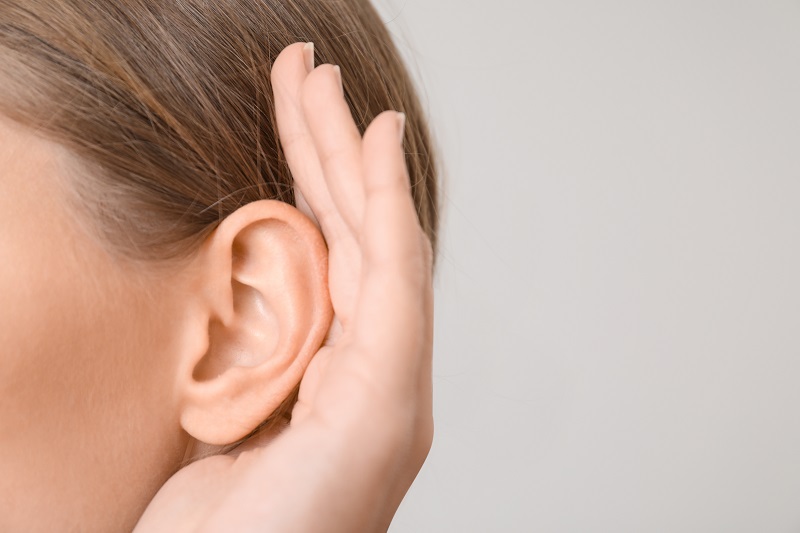Have you ever had a head injury? You may know that a traumatic brain injury (TBI) can cause symptoms like memory loss, confusion, and headaches. However, a head injury can affect your hearing and balance as well.
How does a traumatic brain injury affect your hearing and balance?
The force of a traumatic brain injury can damage or dislodge the delicate bones of the inner ear, disrupt parts of the brain responsible for auditory processing, or rupture the eardrum. These issues may result in a persistent ringing, buzzing, or hissing sound in one or both ears. Some head injury patients also report experiencing hyperacusis, which is an extreme sensitivity to sound. Traumatic brain injuries may result in hearing loss or difficulty hearing in one or both ears.
Furthermore, head injuries that affect the inner ear may disrupt the vestibular system, which is made up of tiny fluid-filled canals that send messages to your brain about the head’s position. If the vestibular system is affected, you may experience symptoms like dizziness, spatial disorientation, difficulty finding footing or judging distances, or a feeling that you or your surroundings are in motion.
Is hearing loss caused by a head injury permanent?
Fortunately, most cases of hearing loss caused by a TBI are not permanent. These cases of hearing loss typically resolve themselves within a few months. As the brain heals from the injury, the auditory processing system recovers as well. If the head injury causes a bone fracture or displacement that affects your hearing, corrective surgery usually resolves the issue.
Occasionally, hearing loss caused by a traumatic brain injury is permanent. This may occur when irreparable damage occurs, such as severe damage to the cochlea. Thankfully, this is rare.
How can you treat a traumatic brain injury?
Head injuries should be treated by a medical professional as soon as possible. Head injury brings a risk of hematoma (bleeding in the brain), so imaging will be necessary to evaluate the damage. If the injury to the ear is physical, such as a displaced bone, this is usually apparent in a CT or MRI scan. Neurological causes of hearing loss can be more difficult to diagnose, but an audiologist can identify these issues through a critical evaluation.
If you experience a head injury, be sure to see a physician right away for medical treatment. If you notice any changes to your hearing or equilibrium following the TBI, schedule an appointment with an audiologist as soon as possible as well. Hearing professionals are trained to assess situations like this and recommend any treatment options.
How can you prevent hearing loss related to head injury?
To prevent head injury, be sure to wear a helmet when you participate in potentially hazardous sports or recreational activities, such as football, horseback riding, cycling, or skateboarding. Always wear your seatbelt when you are driving or riding in a vehicle. In icy conditions, hold onto railings and step carefully to avoid losing your footing. Be careful when entering or exiting the shower or bathtub; many people fall on slick bathroom tiles every year.
Prevention will always be the best way to avoid hearing loss and balance problems related to head injury.
For more information about how hearing loss is related to head injuries or to schedule an appointment with our hearing professional, we invite you to contact our office today.
Share this post
Share on facebook
Share on twitter
Share on linkedin
Share on pinterest




